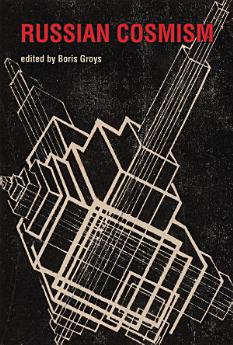Russian Cosmism
About this ebook
Cosmism emerged in Russia before the October Revolution and developed through the 1920s and 1930s; like Marxism and the European avant-garde, two other movements that shared this intellectual moment, Russian Cosmism rejected the contemplative for the transformative, aiming to create not merely new art or philosophy but a new world. Cosmism went the furthest in its visions of transformation, calling for the end of death, the resuscitation of the dead, and free movement in cosmic space. This volume collects crucial texts, many available in English for the first time, by the radical biopolitical utopianists of Russian Cosmism.
Cosmism was developed by the Russian philosopher Nikolai Fedorov in the late nineteenth century; he believed that humans had an ethical obligation not only to care for the sick but to cure death using science and technology; outer space was the territory of both immortal life and infinite resources. After the revolution, a new generation pursued Fedorov's vision. Cosmist ideas inspired visual artists, poets, filmmakers, theater directors, novelists (Tolstoy and Dostoevsky read Fedorov's writings), architects, and composers, and influenced Soviet politics and technology. In the 1930s, Stalin quashed Cosmism, jailing or executing many members of the movement. Today, when the philosophical imagination has again become entangled with scientific and technological imagination, the works of the Russian Cosmists seem newly relevant.
Contributors
Alexander Bogdanov, Alexander Chizhevsky, Nikolai Fedorov, Boris Groys, Valerian Muravyev, Alexander Svyatogor, Konstantin Tsiolkovsky, Anton Vidokle, Brian Kuan Wood
A copublication with e-flux, New York




